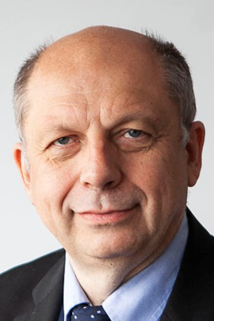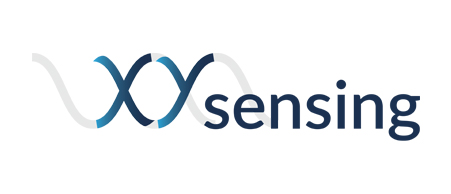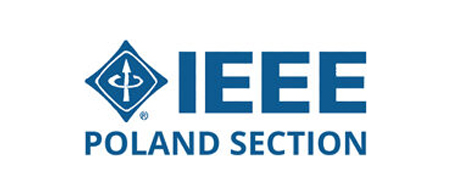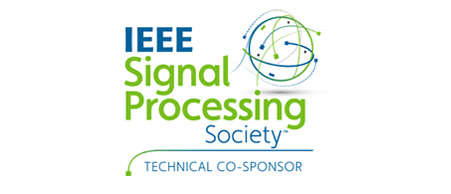The Evolution of Digital Signal Processing: Hardware, Precision, and Implementation
 Tutorial Description:
Tutorial Description:
This tutorial offers a comprehensive overview of the history of digital signal processing (DSP) with a focus on its implementation in hardware. Participants will explore the journey of DSP from its origins to modern applications, examining the evolution of analog-to-digital and digital-to-analog converters, as well as the challenges posed by limited numerical precision in early systems. The session will highlight the roles of specialized signal processors, the rise of GPUs and FPGAs in DSP tasks, and the trade-offs of each platform. By providing a historical perspective, this tutorial will equip attendees with a deeper understanding of the technological milestones that shaped the field of DSP and its implications for modern systems.
Prof. dr hab. inż. Krzysztof Kulpa
Krzysztof S. Kulpa is the alumni of the Warsaw University of Technology (WUT), with D.Sc. degree from the WUT Department of Electronic Engineering (2009). In 2014, he received the Full Professor title from the President of Poland. Currently, Prof. Kulpa is the head of the Radar Technology Research Group and the Scientific Director of the Defense and Security Research Center at WUT. An IEEE Senior Member, a member of AOC and EuMA, he is a chair of the Microwave and Radiolocation section of the Electronics and Telecommunications section of the Polish Academy of Science. Prof. Kulpa published more than 500 papers in international journals and conferences; authored a book entitled “Signal Processing in Noise Waveform Radar” (Artech House, 2013). Prof. Kulpa regularly serves on the Technical Program Committees of several conferences in the field of radar including the International Radar Symposium IRS (co-chair since 2004), European Synthetic Aperture Radar Conference EUSAR, European Radar Conference EURAD, RADARxx, Fusion, Signal Processing Symposium (chairman since 2003). He is an active participant in NATO’s Science and Technology Organization taking part in SET and SCI panels and Specialist Meetings. In 2005, he was the co-director of NATO’s Advanced Study Institute. Currently, he is the Member at Large of the NATO STO SET panel.






